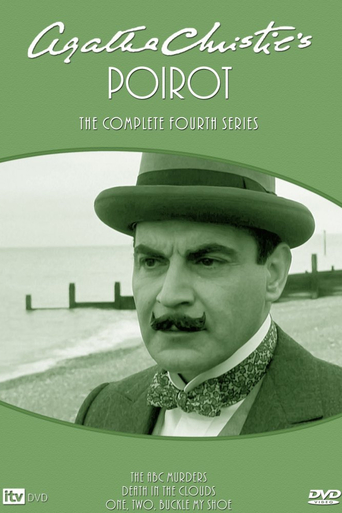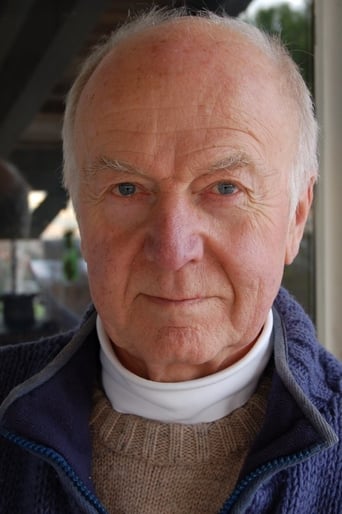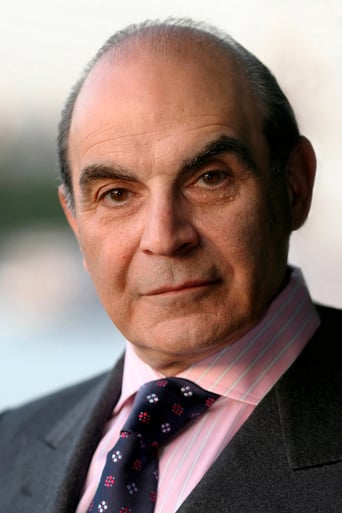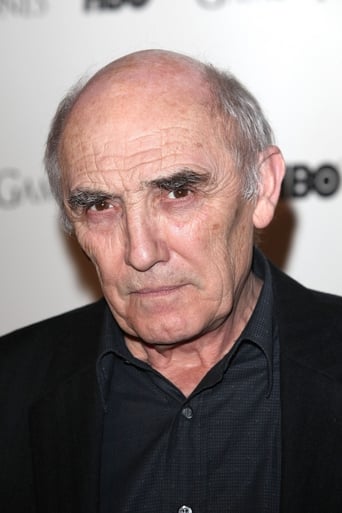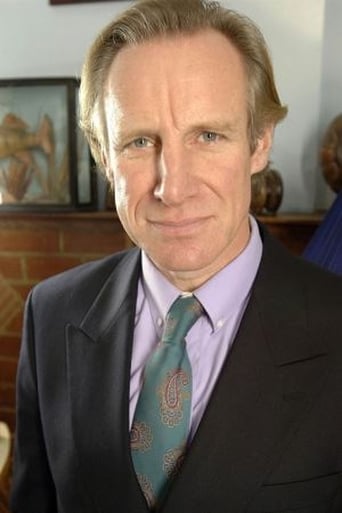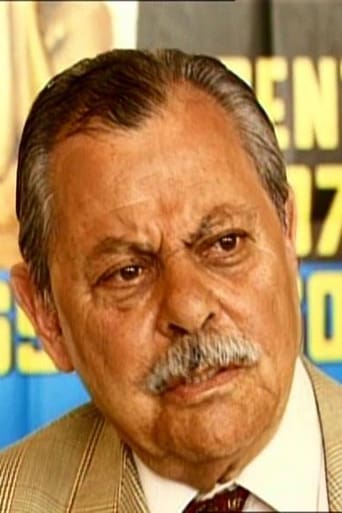

Reviews
Did they have serial killers in the 1930s? Of course they existed, Christie even makes reference to Jack the Ripper here, but I don't know if the modern concept of the serial killer, the killer who kills multiple people that he's never met before, for reasons that only make sense in his deranged brain, I don't know how popular that was in Christie's time. In the novel, she spends quite a lot of time talking about the psychology of such a person, mostly with the idea of hopefully being able to predict and warn the next victim. Poirot has multiple conferences with the police and an "alienist"; Poirot himself has always supported the idea of understanding the psychology of a criminal, but there are a few characters in this story who pooh-pooh that notion, who come from the "right is right and wrong is wrong" school of thought. These days, whenever I read a Poirot novel, I can't help but compare it to how such a crime would be treated on Law and Order, or, in this case, Criminal Minds.The concept is an unusual one, even for Christie. Poirot is receiving taunting letters from a killer. In each case the killer gives Poirot the date and place of the murder in advance. The first murder is of Alice Ascher, an elderly lady who keeps a small shop, not a very prominent crime. But shortly afterwards, the killer attacks a pretty young girl, Betty Barnard, and then a rich art collector, Sir Carmichael Clarke, and in each case he leaves at the scene of the crime an alphabetical railway guide known as an ABC, the same initials as those of the anonymous letter writer. Hence the various discussions about the mind of a "homicidal lunatic" and how to warn any potential future victims, and to catch the killer before he strikes again.I liked that this episode is faithful to the novel is almost every aspect. Due to the nature of the crimes, this is not one of the more light hearted episodes, which is a bit of a shame; these longer episodes need a little levity to relieve the grim tension involved. There is an amusing running joke about a stuffed alligator that Hastings has brought back from South America, and Suchet has some of his best moments when Hastings presents it to him as a gift. For me this episode was good for the same reasons that the book itself is good, but could have been better if they had found a few more ways to make it interesting.
Hercule Poirot receives a letter, indicating that a murder is about to take place, showing the date and area and challenging Poirot to solve the case. It is signed the "ABC". The murder takes place, with a copy of the ABC railway timetable nearby. Soon hereafter Poirot receives another letter with a similar indication. It is soon apparent that the murderer is killing people in alphabetical order by surname and area - the first person had a surname starting with A and was killed in an area starting with A, the second B in an area starting with B. Poirot and the police try to stay one step of the murderer but it proves to be a difficult task.Quite original as this is not your usual Poirot case. No group of suspects to choose the most likely murderer from - the murderer is a serial-killer and could be anyone. We are given hints as to who the serial killer is, but catching him is another story.One or two scenes in the movie do give the conclusion away though. The problem with keep-the-time-tight TV movies is that any scene must have value and can't be filler...
Poirot investigates a series of killings in "The ABC Murders" in this excellent adaptation. As Hastings reappears after an absence, Poirot receives letters from a serial killer, calling himself ABC, who tells Poirot the city where the next murder will take place. At the scene of each crime, he leaves the ABC railroad schedule. The murders seem to have the same last name initial as the name of the town.The authorities think the killer is insane, but Poirot doesn't. He believes there is a real method to the killer's madness. It takes a while, but Poirot finally figures it out. Wonderful, exciting adaptation, and if you haven't read the book (or like me read it a hundred years ago) it's even more thrilling since you won't know the solution. I love Poirot, Hastings, and Japp together. Suchet is so perfect as Poirot except for one small thing. Agatha Christie came to hate Poirot. There's no way she would have hated THIS Poirot. She found him "insufferable" and an "egocentric creep." Despite being fussy, egomaniacal, and arrogant, Suchet somehow gives Poirot warmth and a camaraderie with Japp and Hastings. I just love his interpretation. You can't hate him.
Captain Hastings returns to London from South America and both he and his old friend Poirot are immediately drawn into their most difficult case yet. Poirot has received a letter from an anonymous writer who calls himself ABC. In the letter, the writer boasts that he is cleverer than Poirot and Scotland Yard and warns him of a murder that is to be committed in Andover. When Chief Inspector Japp of the yard investigates further, it turns out that an elderly shopkeeper called Alice Asher was battered to death on the exact date that the letter said a killing in that town would occur. In addition, a copy of the ABC railway guide was found beside her body opened at the corresponding pages. Poirot subsequently receives three more letters from ABC, an unknown serial killer who selects the towns and names of his victims in alphabetical order. For instance, in Bexhill-On-Sea, a flirtatious waitress called Betty Barnard is strangled on the beach. In Churston, millionaire tycoon Sir Carmichael Clarke is clubbed and killed while in Doncaster, an innocent cinema goer is stabbed in the local cinema while watching a film. In common with the first killing, a copy of the ABC railway guide was found beside each body. The most likely explanation behind the crimes is that they are the work of a psychopath who is determined to prove his superiority to Poirot and the police force. This theory is strengthened because even the most detailed investigations can find no link between any of the victims. However, things begin to change when a possible suspect is found in Alexander Bonaparte Cust, a seemingly ordinary stocking salesman (though highly nervous and neurotic) whom happened to be on the scene of every crime on the day they occurred. When a blood stained knife is found on Cust's person at his lodgings, he is arrested and Japp thinks that the case is closed. However, Poirot isn't satisfied of Cust's guilt because he no longer believes the crimes to be the work of a lunatic, but of a clever murderer who wished his crimes to look as if they were committed as such. In addition, Poirot isn't convinced that Cust would of been cunning or even clever enough to devise such a scheme and he calls all the interested parties together and reveals the solution to this baffling case in his usual inimitable fashion...Agatha Christie's The ABC Murders was first published in 1936 and had been filmed previously in 1966 as an ill-advised comedy thriller starring Tony Randall as Poirot and Robert Morley as Captain Hastings in a contemporary setting*. Thankfully, twenty-seven years later in 1992, London Weekend Television gave us this fine adaptation, which returned the story to its original 1930's setting and wisely concentrated on the plot rather than a series of gags. Under Andrew Grieve's flawless direction, it becomes a tightly plotted, thrilling and exciting detective story in which the costumes, lighting, acting and all other technical aspects have exactly the right touch. It is a shame that this film wasn't given a theatrical release as it's that good it ought to have been. Clive Exton's dramatisation is spot on and David Suchet had by now established himself as the best screen Poirot. He is ably supported by Philip Jackson as Japp and Hugh Fraser as Hastings. In almost every episode, some light comedy is introduced between them into the script in order to relieve the tension of the story. In this case, Hastings is forever trying to relate his boring story of how he shot a large crocodile and stuffed it as a gift for Poirot. Poirot was none too pleased with this gift but in order to be polite he shows his gratitude while both he and Japp try to avoid hearing Hastings' story at all costs. As always with this series, every member of the supporting cast has been chosen on the basis of their suitability to play Christie's characters and among them Donald Douglas as Sir Carmichael Clarke's suave brother Franklin and Donald Sumpter as the tortured Alexander Bonaparte Cust are standout. * The Alphabet Murders (1966) Directed by: Frank Tashlin
